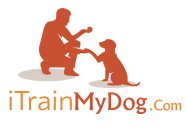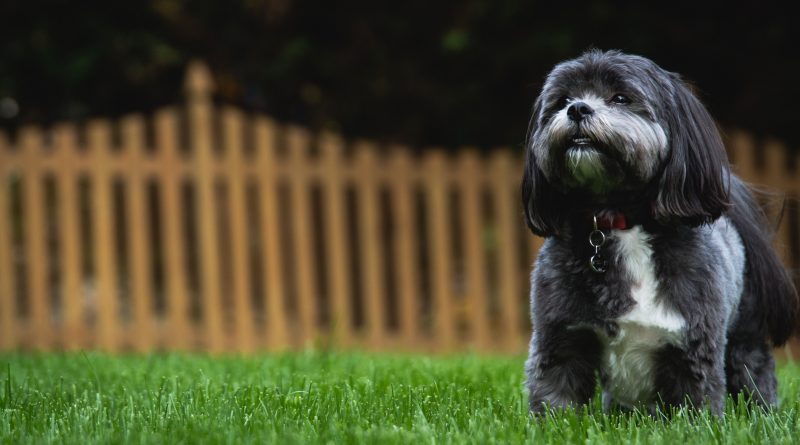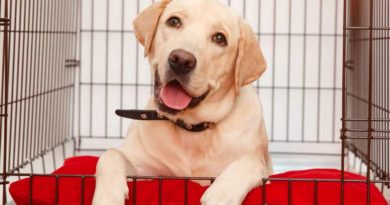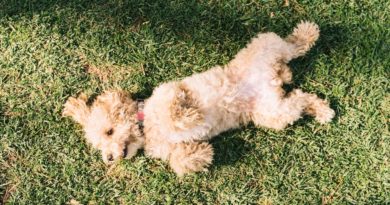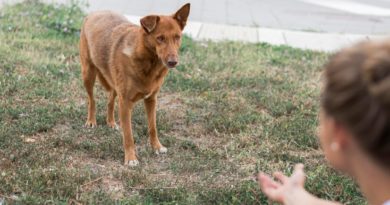Training techniques : On house training
In order to raise a good and valued house dog, your dog will need to be the kind that is dependable in the house. Part of the training must be his knowledge in relieving himself outside and not in the living room, the kitchen, or your bedroom.
Dogs are intelligent beings and this is evident in their inherent desire of not soiling their dens or sleeping areas. And in order for the house training to become successful, you must train him in a way to carry this innate desire of not soiling his bed and be able to transfer this behavior to all the other rooms or areas in the house. This kind of training will not come easy at the onset, but with patience and regularity, it is possible to house train your dog no matter the kind of breed.
When a dog does not house-train easily, it is most often a problem on the owner’s end. This can either be one of the following: the owner did not understand the basics of house training, did not train the dog positively, or could not meet house-training demands such as specific needs and schedule. So what needs to be done here? Take on the following tips in properly house training your pooch.
1. There must be an understanding of abilities and urges
A puppy begins to exhibit this inherent meticulousness in wanting their beddings and areas clean as early as 1 month. This desire to remain clean can continue as the puppy matures and provided that you help him do so as he age. If you are careful to maintain this desire in your dog, house-training should be a piece of cake. Adult dogs, on the other hand, can also be house-trained. In fact, they are more trainable than puppies since healthy adult dogs have full control over their bladder and bowel movements. They are capable of holding even for hours and are less likely to make mistakes.
2. Recognize when he is about to relieve himself
Whether you are training a puppy or an adult dog, it is important that you learn the signs and the times of the day they particularly do this. Oftentimes, they would relieve or urinate upon waking up in the morning.
Within half an hour after eating, periods of play, and at least more during the day depending on the amount of liquid taken. Compared to the older ones, puppies do not have much bladder control and would need to relieve themselves at no particular time at all. In other words, virtually any time of the day is a potential time to urinate or defecate. Fortunately, with training, a puppy at around 14 weeks would usually have control on his bladder and by 18 weeks should be comfortable sleeping through the night without any accidents. What should an owner do about this? Keep a watchful eye for warning signs. As an owner, you must particularly recognize your pooch’s need to go and be quick in taking him outside to do his thing. The signs are usually the same with a puppy and an adult dog – he will stop his current activity, sniff the ground or circle the floor. If you see these signs, be quick or deal with him relieving in the wrong place.
3. The principle of praise
Once you have fully understood your dog’s ability to understand commands and his limits, it is now time to know when is the best time to praise or reprimand your dog. Rewarding him when he successfully relieves outside the house or on a designated spot is important. Remember, the more times you reward him of the good deed, the faster he will learn. However, just as too much of anything is bad, do not overdo praises. Just be gentle in saying them and give a simple treat. If you blurt out your praises while he is relieving, he might stop what he is doing and run to you wanting to know what is there to be excited about. And, the very concept may have been defeated.
4. There must be a routine
To eliminate or at least cut down on potential number of accidents, it is important that you establish an eating and walking routines. Be consistent as to the hour of the day when you feed and walk your dog. The more consistent you are, the more likely he will pick up the pace faster and fall into a predictive and regular pattern of eating and relieving himself.
What should a dog owner do?
Provide your dog with meals scheduled at the same time every day. This can be three times a day for puppies and two times a day for adult dogs. You may start doing your rounds of walking half an hour after he has eaten. To put simply, free-feeding should be completely avoided if you are house training your dog.
